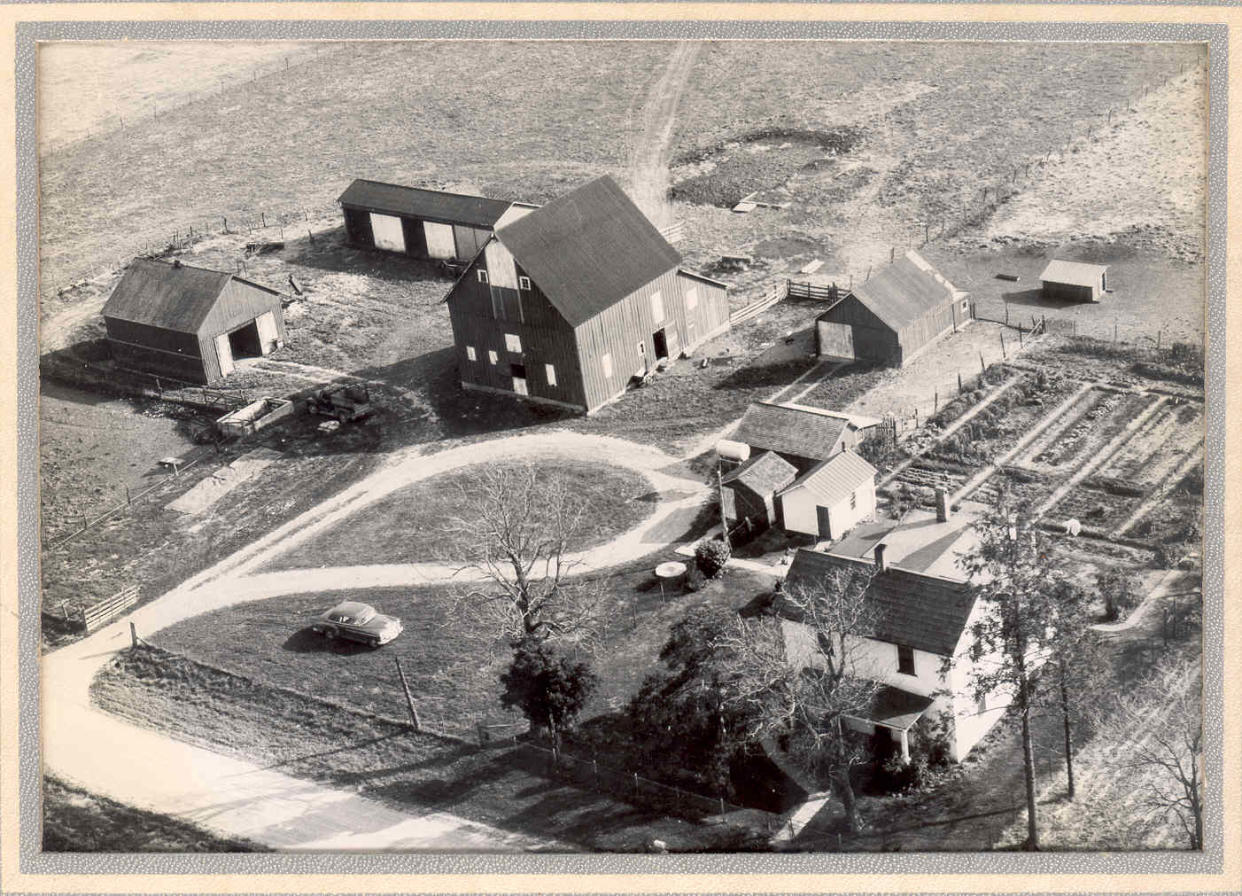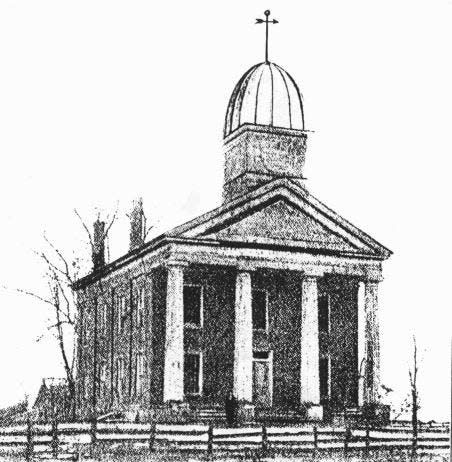Abraham Lincoln defended 2 Peoria-area Underground Railroad coordinators in slavery case

The April 1847 Eighth Circuit Court was in session in Tremont, and two men charged with harboring fugitive slaves were on trial. The tall, gangly young lawyer defending them — considered a rising star in the legal profession — had asked for, and been granted, a change of venue from Woodford County to Tazewell County, where he believed his clients would receive a more sympathetic hearing.
John Randolph Scott of rural Washington and George Kern of Metamora, both conductors on the Underground Railroad, were likely to have been found guilty of the offenses with which they had been charged. According to his daughter, Emma, Scott made no secret of his antagonism toward the institution of slavery and had previous run-ins with local magistrates over the matter.
“Although it was an age when to ventilate anti-slavery opinions was to invite social ostracism and even jeopardize life and property, he boldly denounced what he believed to be a great national iniquity,” Emma related in the 1929 book “Early History of Washington, Illinois and Vicinity.” “Fleeing fugitives found a friend in him, and he not seldom risked his own life.”
Underground Railroad: A hidden secret over a century ago, the Underground Railroad ran through Tazewell County
It is reasonable to assume that Kern was as passionate in his opposition to slavery as Scott and his brother, James Patterson Scott.
Kern was noted in both Roy L. Moore’s 1910 book “History of Woodford County” and the 1879 book “History of Tazewell County, Illinois,” as having been an active Underground Railroad coordinator, receiving fugitives from Morton-based coordinators such as Uriah Crosby and transporting them to the next “station.”
Given the reputations of the defendants, Illinois State’s Attorney David Campbell may well have believed he had a strong case.
Who was Uriah Crosby? Morton Underground Railroad conductor's 'heroic' story retold
The defense attorney apparently did not attempt to argue whether Black men or women were discovered on Scott’s property or on Kern’s. Instead, he asked for proof that they were escaped slaves. Campbell was unable to provide it, and the case was dismissed for lack of evidence.
The defense attorney who won the dismissal was arguing his last case related to slavery. But Abraham Lincoln would go on to bigger and better things.

The Tazewell County Genealogical & Historical Society, the NAACP Peoria Branch, the Washington Historical Society and Tazewell County Clerk John C. Ackerman will honor the Scott brothers and Kern on April 24 with a public recognition ceremony at 2 p.m. at Five Points Center in Washington.
The event will be the last in a series of five ceremonies to recognize the work of Tazewell County’s Underground Railroad coordinators and marks the 175th anniversary of Scott’s and Kern’s arrest and trial.
Daniel Worthington, director of The Papers of Abraham Lincoln for the Abraham Lincoln Presidential Library and Museum, will be the keynote speaker, and the Peoria-based choir Heritage Ensemble will perform before and after the ceremony.
More Pekin: Once known as a 'sundown town' and KKK stronghold, Pekin tries to move past racist history
Ackerman said the purpose of the events is to promote public awareness of local Underground Railroad activities and to place permanent markers at the gravesites of Tazewell County coordinators.
"At the time of these individuals’ death, participation in the Underground Railroad was still controversial,” he added. ”Their effort to assist enslaved individuals was not as celebrated as it is today. This history has been documented, but even today, you need to know about it to look it up.”
This article originally appeared on Pekin Daily Times: Abraham Lincoln was lawyer on Peoria-area Underground Railroad case
